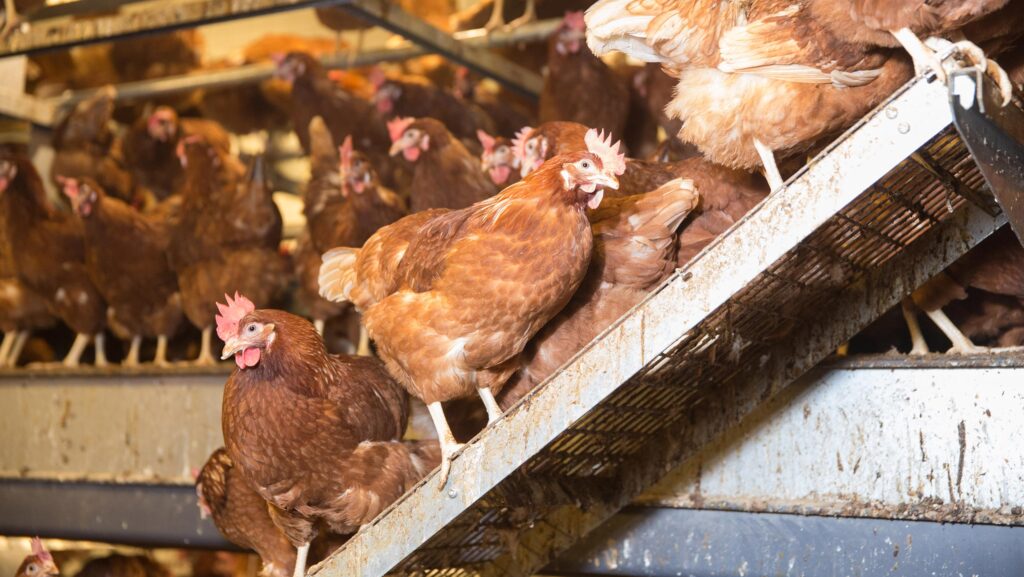Bird housing order to be lifted in England
 © Tim Scrivener
© Tim Scrivener Mandatory housing measures for poultry and captive birds across England, some of which have been in place since December 2024, are set to be lifted from Thursday (15 May) over a seven-day period, Defra has announced.
The risk of avian influenza has been deemed to be reduced in wild birds and poultry so they can be kept outside.
However, exemptions apply to keepers in a Protection Zone or Captive Bird Monitoring (Controlled) Zone – where there has been a recent outbreak.
Bird gatherings, such as fairs and markets, remain banned.
See also: MPs urge action on gene editing to curb bird flu risk
Approximately 2.1m laying hens and pullets have been humanely culled in an attempt to control the outbreak since last October.
“While the lifting of mandatory housing measures will be welcomed by bird keepers, it is imperative that keepers continue to practise stringent biosecurity and that any suspicions of disease are reported to the Animal and Plant Health agency immediately,” said UK chief veterinary officer, Dr Christine Middlemiss.
Gary Ford, head of strategy and producer engagement for the British Free Range Egg Producers Association added:
“We welcome Defra’s flexible approach to lifting the housing order as it gives producers control over when it works best for their birds, taking into account their health and welfare, provided they have access to the range by Thursday, 22 May and thereafter.”
Releasing birds
Those who intend to allow their birds outside are advised to use the upcoming days to prepare their outside areas for the safe release of their birds and allow them to acclimatise to the outside, gradually releasing them over a period of days to minimise welfare issues.
Defra has also reminded poultry keepers that the virus that causes bird flu can stay infectious in faeces, carcases and feathers for around 50 days and can stay infectious for even longer in wet conditions and standing water.
To ensure the safe release of birds, outside areas and ranges must be prepared and biosecurity rules followed.
Keepers are also advised to:
- Keep wild birds away from your birds and their range
- Clean and disinfect concrete areas and hard surfaces
- Remove any build-up of faeces, carcases or feathers and then use disinfectant to decontaminate your range (choose an approved disinfectant that’s suitable to use on soil and outdoor areas)
- Expose any heavily contaminated areas to sunlight
- Fence off or cover standing water or ponds – these areas may be contaminated with wild bird faeces
Biosecurity
Birdkeepers are legally required to adhere to the highest biosecurity standards with an Avian Influenza Prevention Zone (AIPZ) mandating strict biosecurity remaining in place in England, Scotland and Wales.
This includes measures such as disinfecting footwear, clothing and vehicles and equipment before and after entering premises.
“Our members are reminded that the risk of bird flu has not gone away. Indeed, the current risk level, whilst reduced, is still at ‘medium’ for sub-optimal biosecurity and ‘low’ with good biosecurity.
“The requirement to practise enhanced biosecurity still remains in force as part of the AI Prevention Zone,” said Mr Ford.
